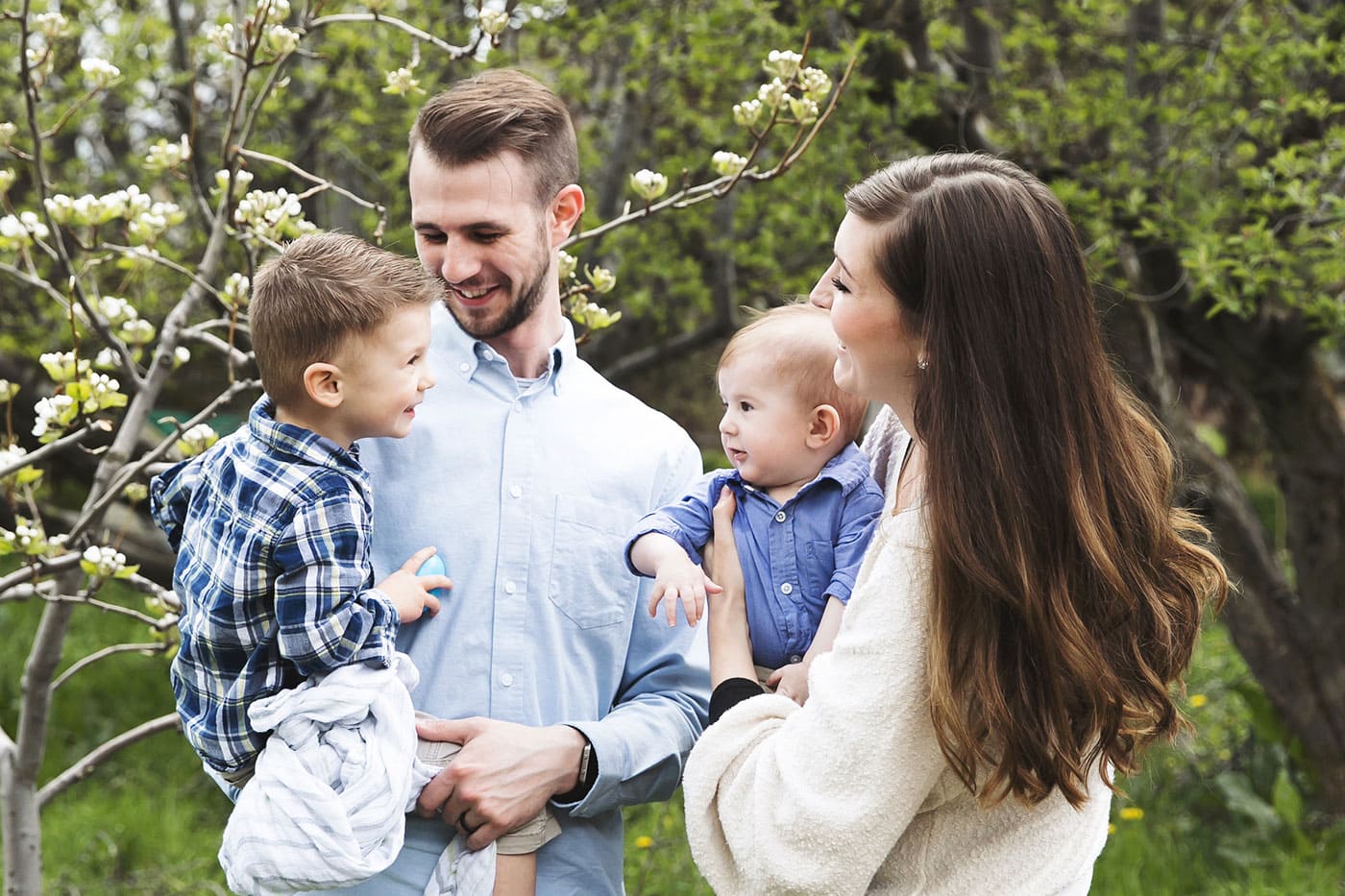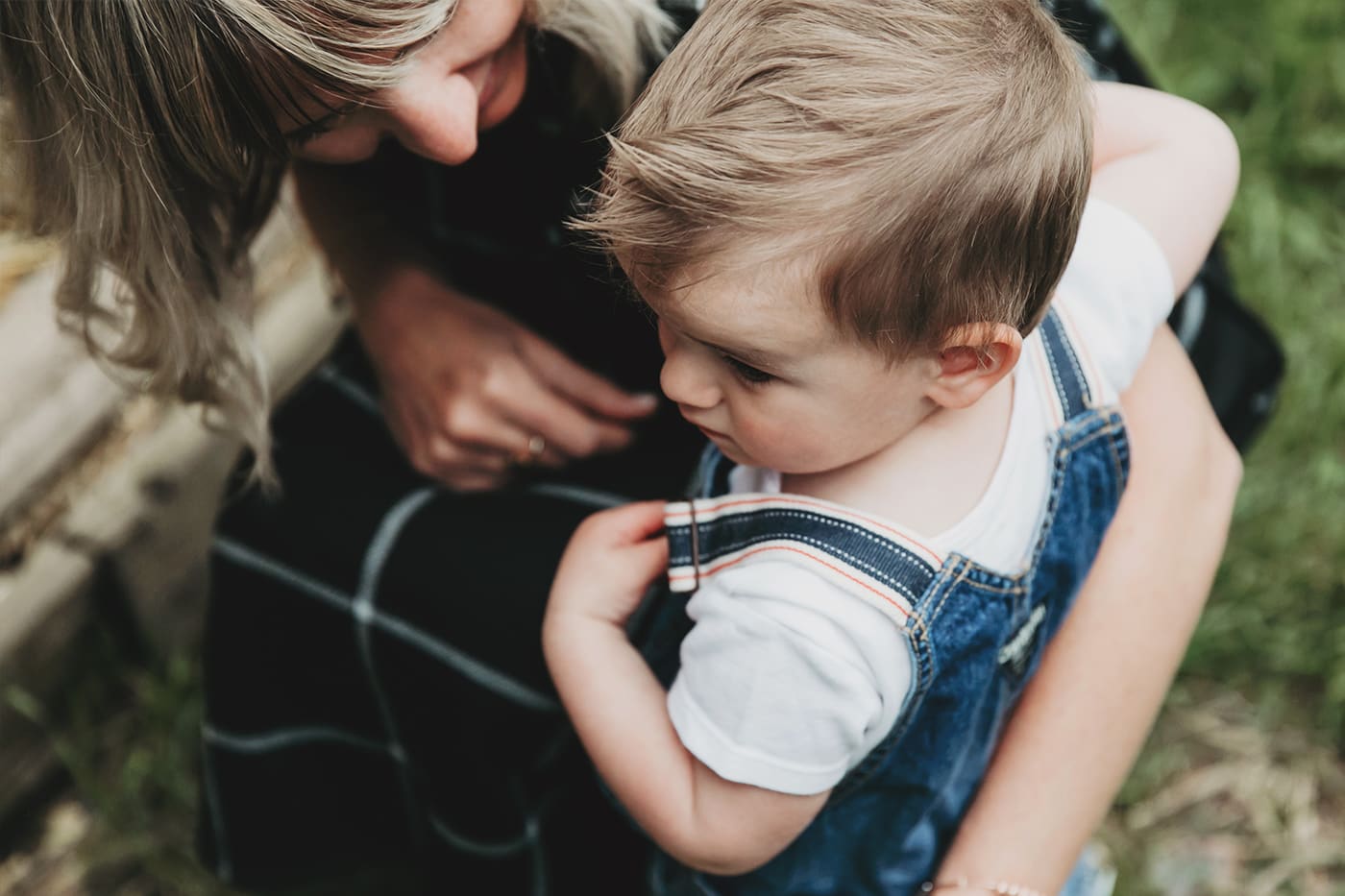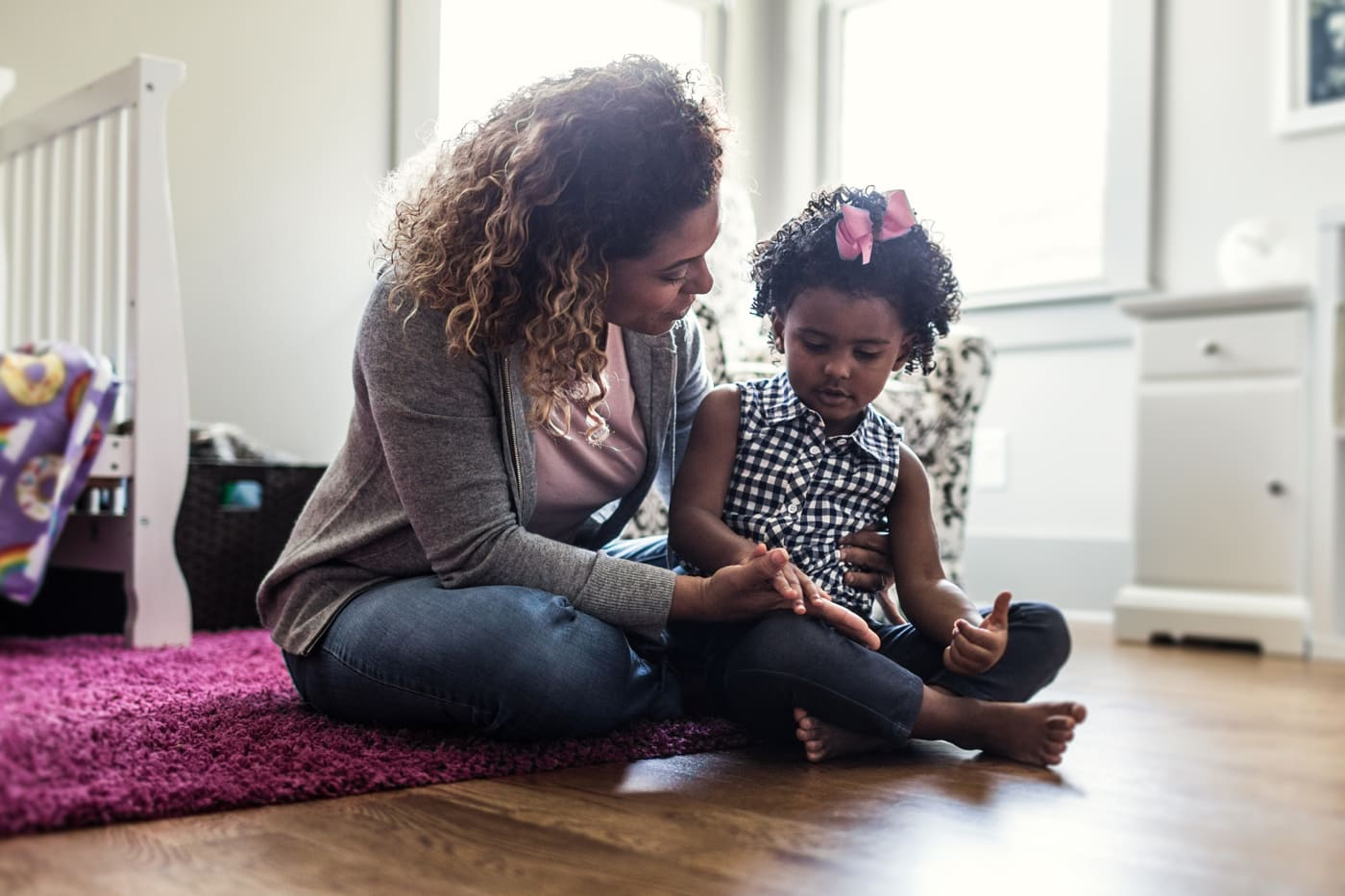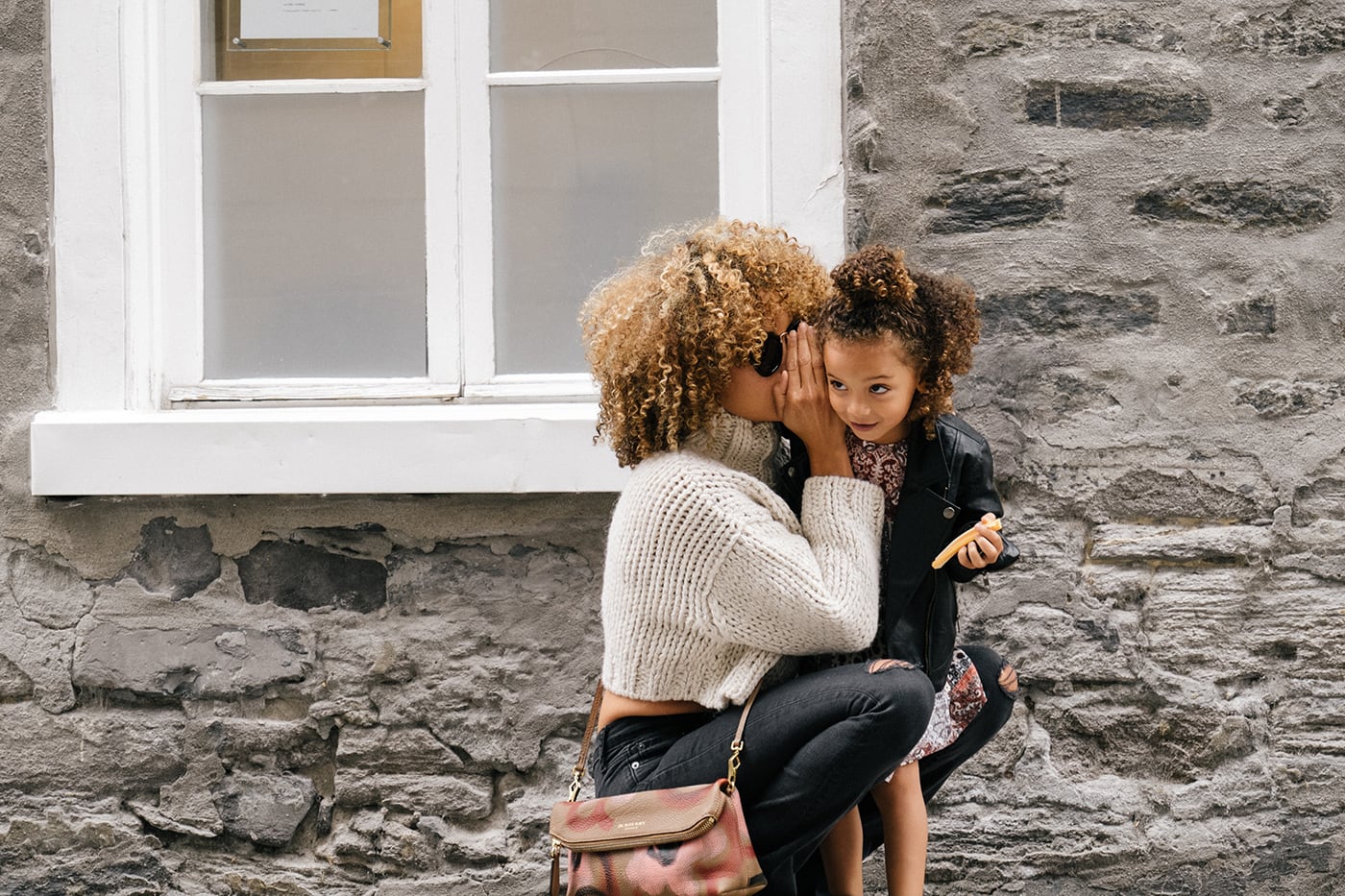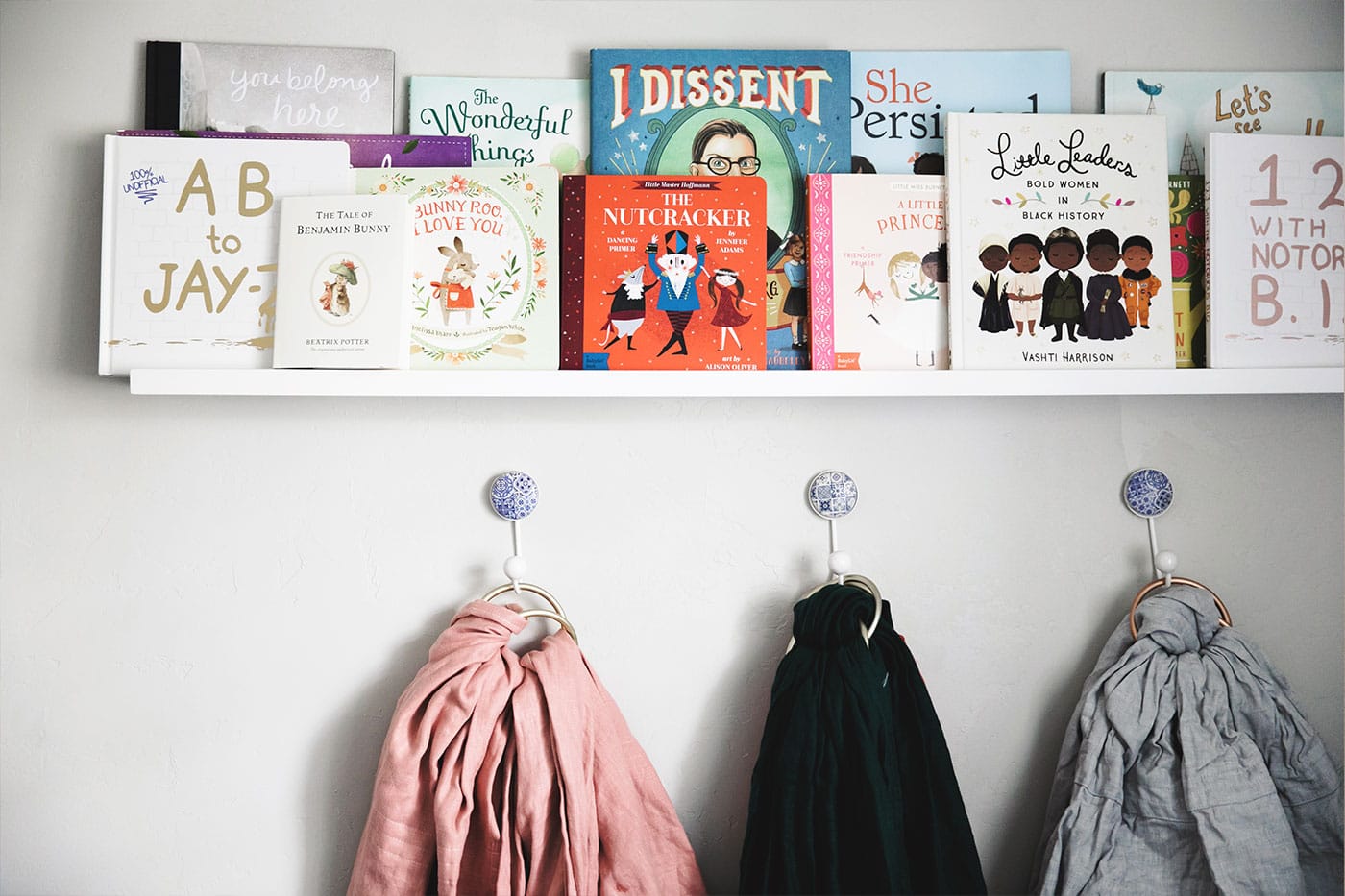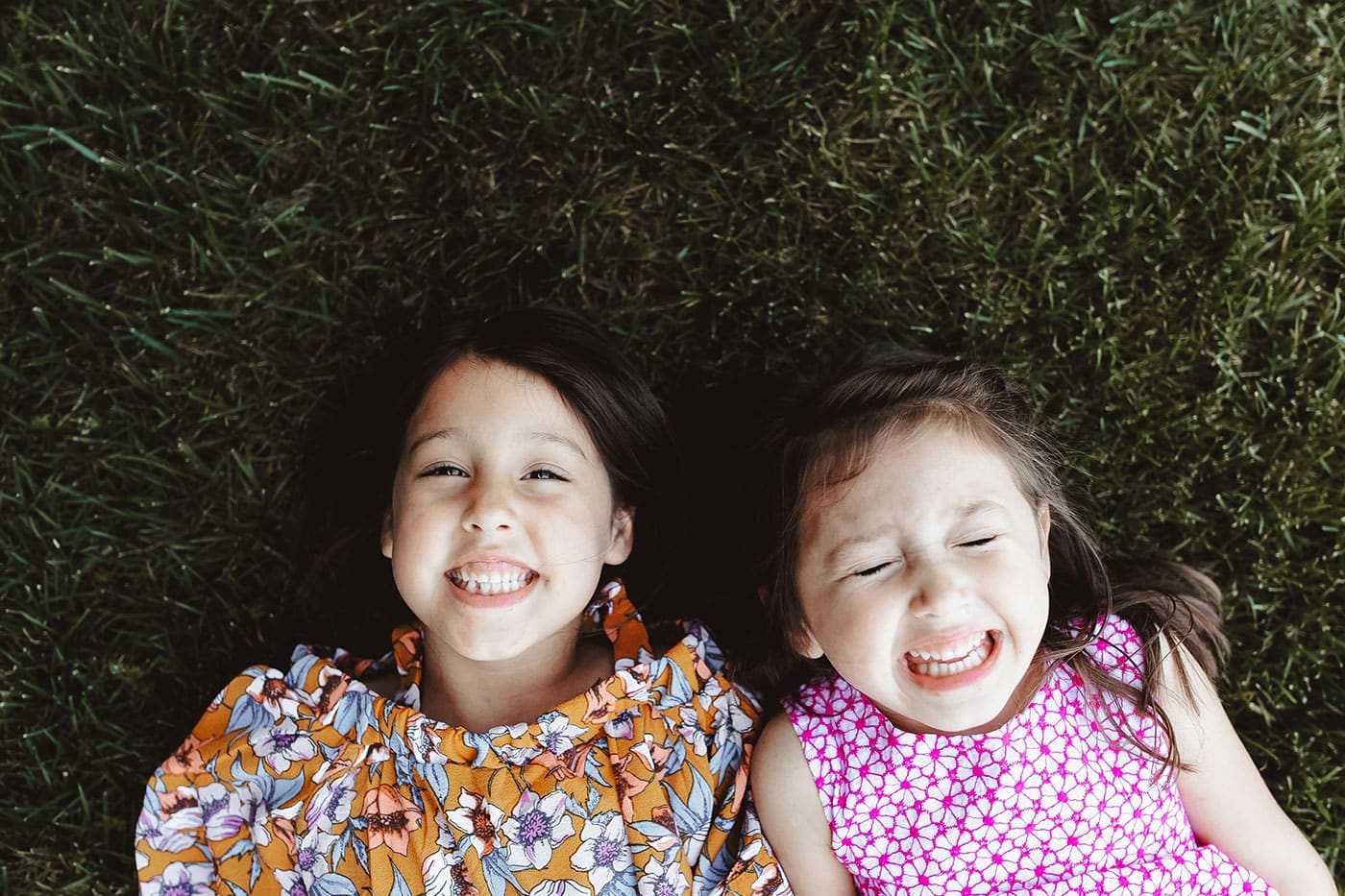5 Little Talks on Healthy Sexual Development to Have With Your 2- to 5-Year-Old
Now is the time to start talking to your child about healthy sexual development. No matter the age of your child you can start laying the groundwork for them to have a healthy view of sex and sexuality.
Even your young child (2- to 5-years-old) is not too young! Below are five things that you should be teaching them and some ideas on how to talk about the subject:
SOME THINGS ARE PRIVATE
Now is the time to start teaching them that nudity and touching their genitals is not to be done in public. This is something to bring up when they’re bathing or changing, explaining to them that some things should happen in the bathroom only (like washing their private parts) or in privacy (like changing their clothes).
TEACH THEM APPROPRIATE NAMES FOR THEIR BODY PARTS
At this point a lot of kids may have picked up euphemisms and slang terms for their private parts. Continue teaching them appropriate names and discourage the use of slang terms. This will help them communicate more effectively with you if something is wrong or someone has touched them inappropriately. It’s good to correct them in the moment they use euphemisms or slang terms and explain to them the word you’d like them to use instead.
SAFE TOUCH VS. UNCOMFORTABLE TOUCH
Teach them the concept of safe touch and uncomfortable touch. Uncomfortable touch is anything that makes them feel sad, upset, or uncomfortable. Explain that sometimes even people they love may make them feel uncomfortable, most likely by accident, but they should always let you know when someone has touched them in an uncomfortable way.
NO ONE ELSE HAS RIGHTS TO THEIR BODY
Explain that their body is theirs and no one else has the right to look at it or touch it without their consent. Tell them that even trusted grown-ups like doctors shouldn’t look at their body parts without a parent or caregiver present.
NO MEANS NO
As you explain that no one else has rights to their body it’s a good time to explain that they don’t have rights to anyone else’s body either. If your child is affectionate you can explain to them that not everyone wants hugs or kisses.
It’s never too early to start teaching your child about healthy sexuality. As your young child grows and develops, they’ll likely have questions. By starting a dialogue early and encouraging them to talk to you about it, your child will begin to have a good handle on healthy sexuality and what it means for them.
Talking to Your Kids at All Ages
You can talk to your child about healthy sexual development no matter the age. Below we have links to articles about what you should cover in each age range. Always take the time to think through what you’re going to say and remember to keep your child’s maturity in mind. And remember, every time you have a little talk it makes it a little easier to have the next one.
Share this Post
